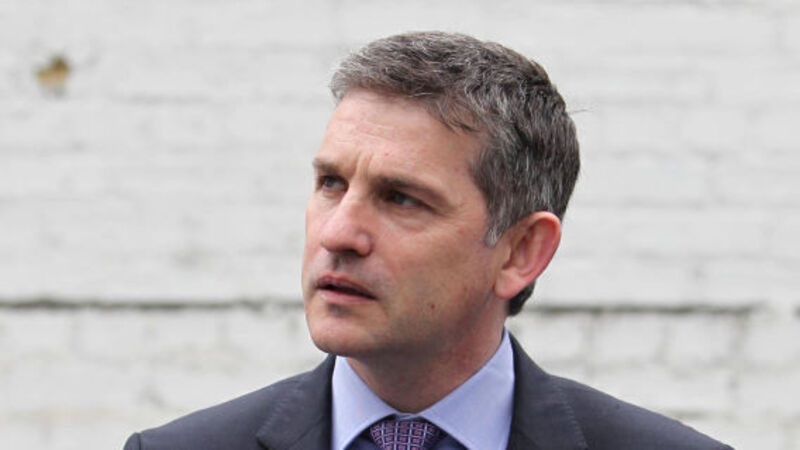‘Stick to full €2bn budget adjustment’

The council says significant progress has been made in resolving Ireland’s fiscal crisis. A total of €32bn in spending cuts and tax increases has been agreed with the troika in order to reduce the budget deficit, which ballooned to 31% of GDP in 2010, to below 3% by the end of next year.
So far, €30bn of these cuts have been implemented and the council is urging the Government to proceed with the full €2bn budget adjustment next October.
















